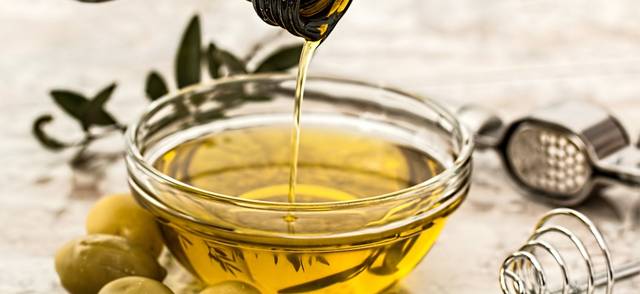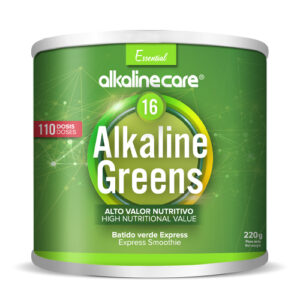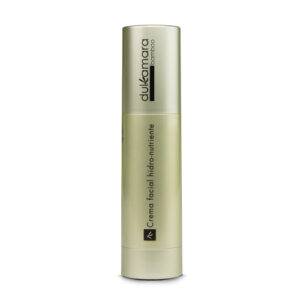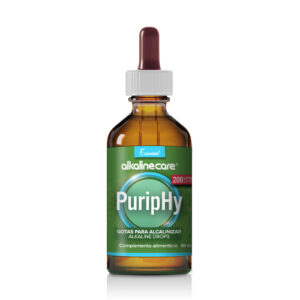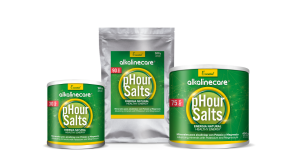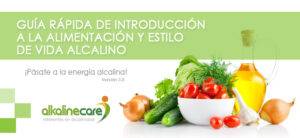A healthy adult body usually has 20% fat, which is essential for the body. After oxygen and water, fat is the next vital component of a healthy body. Fat is essential for cell building, hormone production, and joint lubrication. Likewise, it also helps blood move properly through the circulatory system. There are some important vitamins that are only fat-soluble, meaning they are only available to the body if they are bound to fat. Discover in this article the benefits of healthy fats.
The body cannot function properly without a good supply of fat.
The benefits of healthy fats
Fat has two especially important functions to help you maintain and achieve your ideal weight:
- First, the body uses fat to buffer or neutralize acids. Fat is needed to maintain blood and extracellular fluid at an ideal pH of 7.365. Fat neutralizes acid by generating cholesterol. When acids accumulate in the body, they send a signal to the liver so that it uses fat to synthesize cholesterol. The more acid accumulates in the body, the more cholesterol it synthesizes.
- The second point is based on the use of fat as a source of energy. Most human bodies burn sugars (carbohydrates) for fuel, as that is usually what is most readily available. Fat generates 6 times the amount of energy than burning glucose or protein, while using much less energy in the process. Additionally, burning fat produces a much lower level of acidic metabolites.
Why low fat diets don’t work
For decades we have been advised to reduce fat from our diet. The main argument is that it makes you accumulate fat and gain weight. But it is not like that.
An insufficient amount of fat in your diet can lead to various health problems. The skin may suffer because acidic metabolites are eliminated through what is called the “third kidney” (pores/sweat), instead of binding to fat and being eliminated through the intestines or urinary system. As acidic metabolites exit the skin through the pores they can cause spots, dry skin, irritation, and cracks in the corner of the mouth. Without enough fat we will have brittle hair and weak nails. Most importantly, neurotransmitters cannot function properly without sufficient essential fatty acids, which can interfere with nerve and brain function.
Low-fat diets have been linked to depression or mood disorders, as well as heart disease.
Types of fats
Saturated fats
Saturated fats can be of animal or vegetable origin and are characterized by remaining solid at room temperature (at least in most cases). Products of plant origin usually contain less saturated fatty acids than those of animal origin. Since saturated fats affect the liver, they promote cholesterol and weight increases. Many foods such as pizza, baked goods and fried foods contain a lot of saturated fat.
Trans fats
Trans fat is formed when hydrogen is added to vegetable oil to transform it from a liquid to a solid, such as margarine. This is a process known as hydrogenation. We also get trans fats by heating polyunsaturated or monounsaturated fats above 45ºC, such as when frying olive oil.
Trans fats are officially known as trans fatty acids. It is a fat that is only found in industrially processed foods and is used to prolong the half-life of foods. It is harmful to health and promotes low-grade acidosis.
Conventional studies have shown a correlation between high-fat diets and an increased risk of cardiovascular disease, stroke, diabetes, cancer, overweight and obesity.
However, what is harmful is not the fat itself, but the type of fat. For example: the fat present in industrially processed foods, saturated, hydrogenated and trans fats. These fats are acidifying and harmful and are found in sausages, industrial sauces, margarines, light products and snacks.
Monounsaturated fats
It is a very stable fat that can withstand temperatures above 48ºC without converting into trans fat.
Monounsaturated fats are usually liquid, although they will solidify in the refrigerator. Olive oil and avocado contain monounsaturated fat, a very healthy fat that helps maintain the body’s alkaline design.

Polyunsaturated fats
Polyunsaturated fat is a healthy fat just like monounsaturated fat. It is present in foods of both plant and animal origin, such as oily fish (salmon, sardine), extra virgin sunflower oil, nuts and seeds. This type of fat is part of the alkaline diet and is essential to preserve cell membranes.
Essential fatty acids: Omega 3 and Omega 6
Within polyunsaturated fats we find the essential fatty acids (EFA) Omega 3 and Omega 6, they are necessary and we must obtain them from food. Deficiency of Omega 3 and Omega 6 favors the appearance of severe chronic diseases such as obesity, inflammation and pain. Its properties are:
- They help build cell membranes.
- They contribute to the work of white blood cells.
- They lubricate the joints.
- They insulate the body against heat loss.
- They prevent the skin from drying out.
- They promote the stability of chromosomes.
- They improve brain function, growth, and lymphatic and blood circulation.
- They contribute to cell growth and regeneration.
- They provide pure energy.
- They help relieve secondary symptoms of arthritis, asthma, allergies, diabetes and some behavioral disorders.
Omega 3
It is a type of fat that helps reduce triglycerides and cholesterol in the blood. Omega 3s have an anti-inflammatory effect and help improve the symptoms of arthritis, colitis, fibromyalgia, diverticulitis and other inflammatory diseases.
Two of the best sources of Omega 3 fats are eicosapentaenoic acid (EPA) and docosahexaenoic acid (DHA), found in cold-water fatty fish and other fish. Also found in flax seed, hemp, walnut, and soybean oils is an omega-3 alpha-linolenic acid (ALA), which the body converts into EPA and DHA.
Omega 6
Omega 6 fats also help neutralize acidic metabolites and generate energy by burning fat. Like Omega 3s, the key Omega 6 fats are linoleic acid (LA) and gamma-linoleic acid (GLA). Omega 6s are found in common vegetable oils, nuts, pumpkin seeds, flax, hemp, borage and evening primrose.
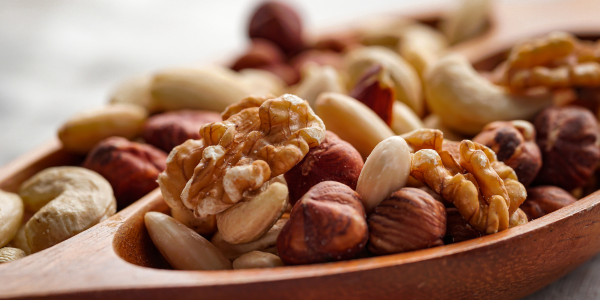
In conclusion, include a portion of healthy fats every day, consuming avocado, extra virgin olive oil, nuts and seeds, since they are part of the alkaline diet and will provide you with many benefits.



